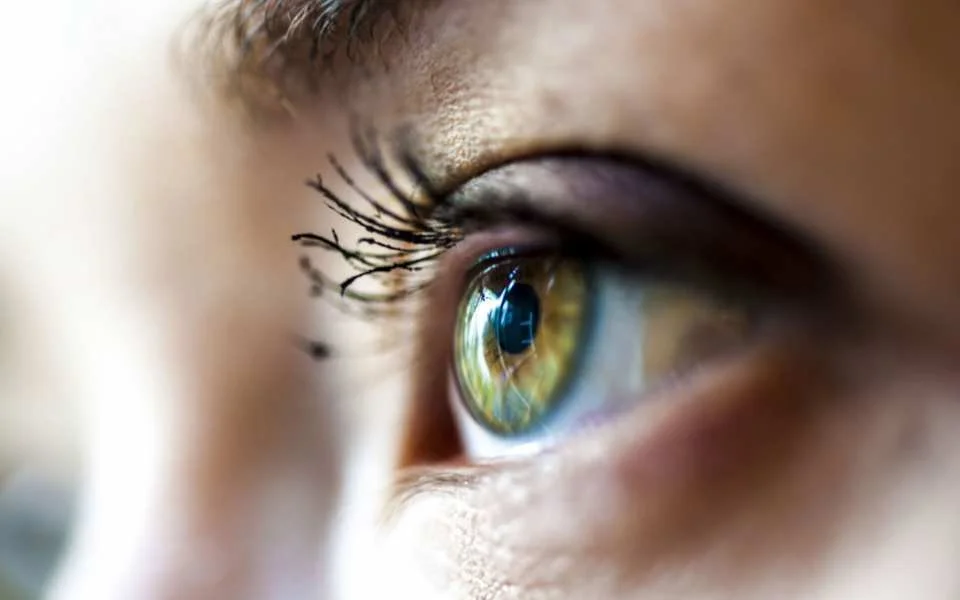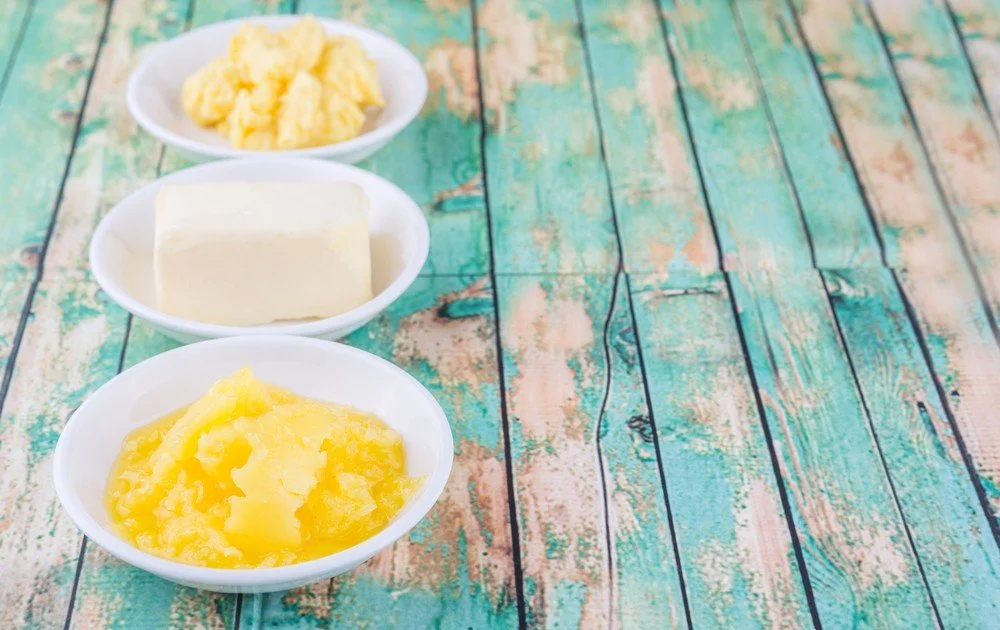Soy Products – Super food or Super Scam?
This week, we have some interesting information on the highly topical area of soy products.
If you have been hearing the latest reports on soy foods you may well be confused. Some experts tout soy as being one of the greatest foods of our time, while others believe it can be responsible for such seemingly far out things such as the feminisation of boys and for increasing the risk of breast cancer. Another study out just a week or so ago suggested that high consumption of soy products may indeed compromise our health due to the high levels of phyto-oestrogens. And just this week, the media have been reporting that importers of soy milk brand Bonsoy are facing a class action from customers because say they were left with permanent thyroid problems from an iodine content seven times the recommended level. (This is a classic example of what can happen when we consume ‘artificially maniplulated’ products … even though the ‘original’ product may be natural).
Anyway, who or what do we believe?
Like many of these issues where you get two sides poles apart, the reality is often somewhere in the middle. In my opinion, both sides have valid arguments, it just depends on focusing on the overall picture rather than isolated aspects of health.
Let’s try and take a commonsense view of the matter. (If you read my newsletters regularly, you know that to me, commonsense means ‘how did Mother Nature design things to work?’)
Soy beans are a part of Mother Nature’s natural food pharmacy. Therefore, we can assume that soy beans are probably good and help promote in part, overall health. Proponents of soy foods being a superfood, site that Asian populations who have consumed relatively high soy intakes for many years, have extremely low levels of diseases such as heart disease, many types of cancer and diabetes etc. (Most of these populations don’t actually have such ‘high’ intakes at all, but let’s leave that aside for now). This might be true, but it doesn’t necessarily mean the effect is solely due to soy products. I would suggest it is not from soy foods alone, but that these cultures have eaten an ‘overall disease fighting diet’ – i.e. a predominantly plant-based whole foods diet (of which soy products are just one part).
Of course, most of problems associated with soy products comes from our Western ‘science- based’ penchant (if you can call it science) for taking a so-called super food or beneficial compound, extracting it and making it into a pill, isolated, non-synergistic supplement or contrived foodstuff. It is this messing with Mother Nature’s natural food intelligence that is responsible for the so-called negative effects of soy.
Simply put, a high percentage of the soy intake consumed by we Westerners is not as natural wholefoods, e.g. tofu, tempeh, soya beans. Rather it as pills or artificially manufactured soy products – soy milks, products with ‘added soy’ etc. When you change Mother Nature’s supreme recipe like this, there is always the possibility of negative side-effects. Soy is an oestrogen like compound, i.e. it mimics the action of oestrogen and binds to the same receptor sites as oestrogen. This is why it is often recommended as a way of preventing or reducing breast cancer, at least for hormone-based breast cancers. It may also be why high consumption of soy in ‘unnatural’ forms, e.g. in baby soy formulas, might more likely lead to an over-feminisation of children and negatively affect female hormones – as opposed to soy in its natural form.
In summary, I would suggest that soy foods are certainly a wonderful source of nutrition as part of a balanced diet. As one of Mother Nature’s bountiful plant foods, they would certainly make a healthy addition to our overall diet. However, in themselves they are not the be all and end all. I would suggest Asian and other long-lived cultures would still have similar disease rates even if they reduced their soy intake, as it is the overall predominance of a whole food, plant-based diet that is contributing the greatest protective effect. Likewise, even if we Westerners increase our intake of soy products without changing our overall dietary pattern of high animal protein intakes, high saturated fat etc, any reduction in disease outcomes will be minimal.
SUGGESTION:
By all means eat soy products, but don’t miss the forest for the trees. Eat small to moderate amounts of soy in as natural a form as possible – tofu, tempeh, soy beans etc. As with everything else, just ditch the artificial supplements and don’t overdo ‘manufactured’ soy products, such as highly processed soy milks (read the labels!).
ARTICLE WRITTEN BY MARK BUNN
Mark Bunn is the Founder of Dharmic Living and author of the three-time best-selling ‘Ancient Wisdom for Modern Health‘.
Featured Articles
Topics
- Alcohol 1
- Allergies 1
- AntiInflammatory 2
- Arthritis 1
- Asthma 1
- Atkins 1
- Autumn 1
- Ayurveda 22
- Ayurvedic Medicine 12
- Ayurvedic Science 2
- Bad Breath 1
- Beer 1
- Blood Sugar 1
- Bob Roth 1
- Body Odour 1
- Breakfast 2
- Breathing 1
- Business 2
- Butter 1
- Caffeine 1
- Cancer 6
- Carbohydrates 2
- Cataracts 1
- Charcoal Water 1
- Cholesterol 3
- Coffee 1
- Cold & Flu 1
- Cooking 1
- DR JR Raju 2
- Daily Cycles 2
- Dehydration 2
- Dental 3
- Detox Drinks 1
- Diabetes 1
- Diet & Nutrition 44
- Dieting 2
- Digestion 9
- Direction 1
- Disease 1
- EMF 1
- Earthing 2
- Eastern Medicine 1
- Eating 1
- Eating Out 1
- Exercise 9
- Eye Health 1
- Fish Oil 1
- Flaxseed 1
- Food Quality 2
- Forest Bathing 1
































